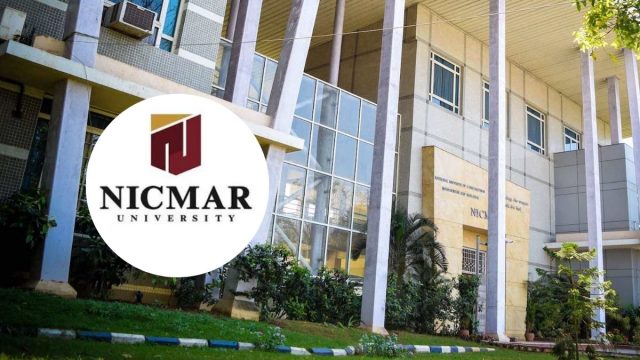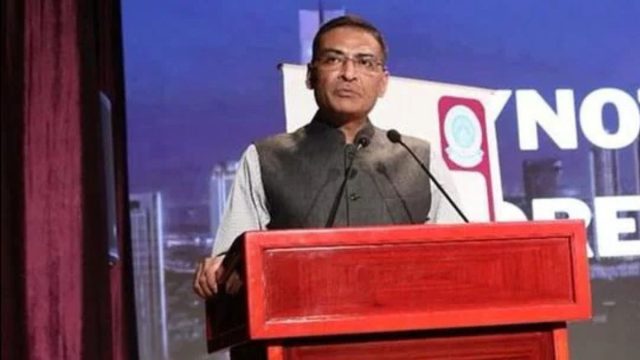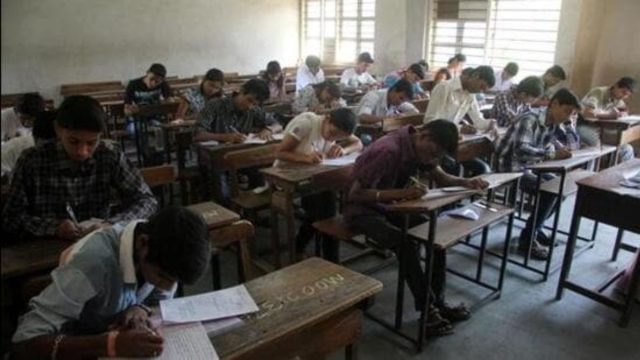The Prime Minister of India, Narendra Modi approved National Education Policy (NEP) on 29th July 2020. This policy aims to cover the transformational reforms in school and higher education systems in the country. The policy will also change the 34-year-old National Policy on Education (NPE), 1986. Now, will we tell you some facts about National Education Policy (NEP) 2020.
1. Policy for School Education
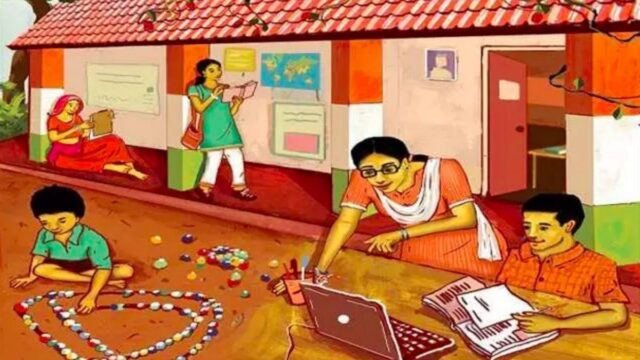
a) The policy aims for universalization of education from pre-school to secondary level with 100% Gross Enrolment Ratio (GER) in education for school by the year 2030.
b) This policy will bring 2 crores out of school children back into the mainstream by opening the school system.
c) The 10+2 system is replaced by a new 5+3+3+4 curricular structure regarding ages 3-18 years old. All this will bring the hitherto uncovered age group of 3-6 years under the school curriculum and has been recognized globally as the most important stage for the development of mental faculties of a child. This system will have 12 years of schooling along with three years of pre-schooling.
d) This policy includes emphasis on foundational literacy and numeracy, no rigid separation between academic streams, extracurricular, vocational streams in schools and vocational education to start from 6th standard with internships.
e) Teaching students should be in mother tongue language at least up to 5th standard. No language will be imposed on any student.
f) NEP (National Education Policy) also includes assessments reforms with a 360-degree Holistic Progress Card, tracking student progress for achieving learning outcomes.
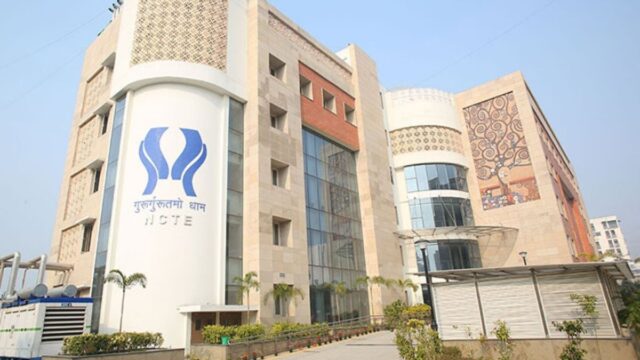
g) The NCTE (National Council for Teacher Education) will formulate a new and comprehensive National Curriculum Framework for Teacher Education (NCFTE 2021) in consultation with the NCERT (National Council of Educational Research and Training). After ten years (2030), the minimum degree qualification for teaching will e a four-year integrated B.Ed. ( Bachelors of Education) degree.
2. Policy for Higher Education

a) The GER ( Gross Enrolment ratio) in higher education to be raised to 50% by the year 2035 and more than three crores seats to be added in higher education.
b) This policy anticipates broad-based, multidisciplinary, holistic Undergraduate education with flexible curricular, creative combinations of subjects, integration of vocational education and multiple entries and exit points with appropriate certification. The undergraduate (UG) education can be three or four years with multiple exit options and appropriate certification under this period.
c) The Academic Bank of Credits (ABC) is established to facilitate the transfer of credits.
d) The Multi-disciplinary Education and Research Universities (MERUs) are at par with IITs and IIMs and are set to be the best multidisciplinary education of global standards in the country.
e) The National Research Foundation (NRF) are the apex body to foster a strong research culture and to build research capacity across higher education.
f) The Higher Education Commission of India (HECI) is a single overarching umbrella body for the entire higher education along with excluding medical and legal education. It has four independent verticals such as National Higher Education Regulatory Council (NHERC) for regulation, General Education Council (GEC) for standard-setting, Higher Education Grants Council (HEGC) for funding and National Accreditation Council (NAC) for accreditation. The same set of norms for regulation, accreditation and academic standards are governing the public and private higher education institutions.
g) According to this policy, the affiliation of colleges are phased out in 15 years and a stage-wise mechanism are established for granting graded autonomy to colleges. After some time, it is anticipating that every college would develop into either an autonomous degree-granting college or a constituent college of a university.
3. Policy for Others
a) The National Educational Technology Forum (NETF) is created to provide a platform for the free exchange of ideas on the use of technology to enhance learning, assessment, planning, administration.
b) The National Education Policy (NEP) emphasizes setting up the gender inclusion fund, special education zones for challenging regions and groups.
c) This policy promotes multilingualism in both school and higher education. National Institute for Pali, Persian and Prakit (NIPPP) and the Indian Institute of Translation and Interpretation (IITI) are to be set up.
d) The Centre and the States are working together to increase public investment in the education sector to reach 6% of GDP (Gross Domestic Product) at the earliest.


